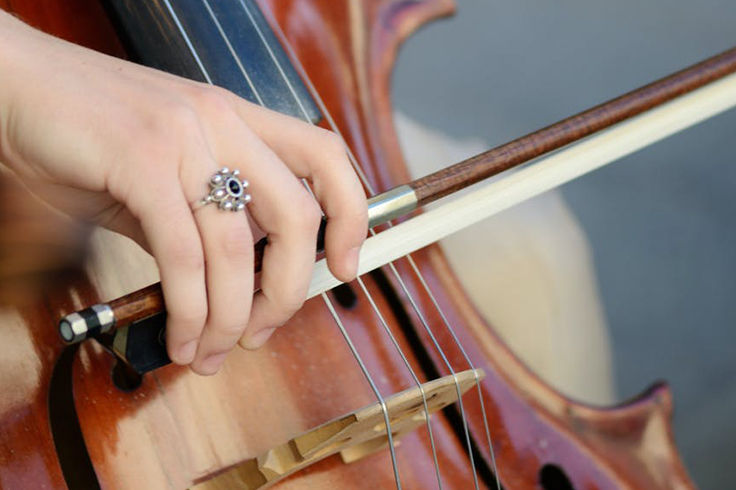- stradivaristringss
- Jan 1
- 2 min read
If you have decided to learn violin, the first and foremost thing you need is to choose a Singapore violin class from which you can learn this instrument. Undoubtedly, the violin is a very tough string instrument that requires proper knowledge, and hence, choosing the right violin class provided by the best instructor is the ultimate thing that you can do.
Whether it is for your little one or for an adult, remember that taking a Singapore violin class is extremely necessary. However, in today's market, where we have so many choices, choosing a particular institution can be a real hassle. So here are some of the major things that you need to check to understand that the Singapore school is definitely the right decision for you.
1. Organized Lessons
A standout violin class follows a well-organized curriculum. Lessons progress logically, covering essential techniques, music theory, and repertoire. Students build a strong foundation step by step, ensuring steady progress.
2. Experienced Teachers
A great Singapore violin class is led by experienced and qualified teachers. These instructors have a deep understanding of violin pedagogy, proper technique, and effective teaching methods. Their guidance shapes students into skilled musicians.

3. Individualized Attention
Outstanding violin classes recognize that each student is unique. Teachers tailor their instruction to address individual strengths, weaknesses, and learning styles. One-on-one attention fosters rapid improvement.
4. Boosting Confidence
A standout class provides regular performance opportunities. Whether through recitals, competitions, or ensemble playing, students gain confidence by showcasing their skills. Overcoming stage fright becomes second nature.
5. Encouraging Environment
A nurturing and encouraging environment motivates students. Constructive feedback, praise, and camaraderie create a sense of belonging. Students thrive when they feel supported and inspired.
6. Comprehensive Education
An exceptional Singapore violin class goes beyond technique. They instill a love for music, expose students to various genres, and teach music history. Students learn not only how to play but also why they play.
7. Great Reviews
Seek recommendations from other parents and students. Positive reviews and testimonials indicate a violin class’s effectiveness. Ask about student progress, teacher communication, and overall satisfaction.
8. Flexibility and Convenience
A standout class offers flexible scheduling. Whether after school, on weekends, or in the evenings, students can find a time that suits their routine. Some classes even offer home lessons for added convenience.
9. Passionate Community
A vibrant community of fellow students and parents enhances the experience. Participating in music festivals, workshops, and group activities fosters a sense of belonging and shared passion.

Conclusion:
So, these are some of the major things that you need to do to make sure you choose the right institution. As there are several schools available in the market, choosing a particular school offering a great Singapore violin class is definitely a beneficial decision. Remember that some of these might not be technical; hence, you need to pay close attention. Now, you can also choose Stradivari Strings, as they have great classes. They designed the institution in a particular way to ensure that every learner is able to learn and thrive.


